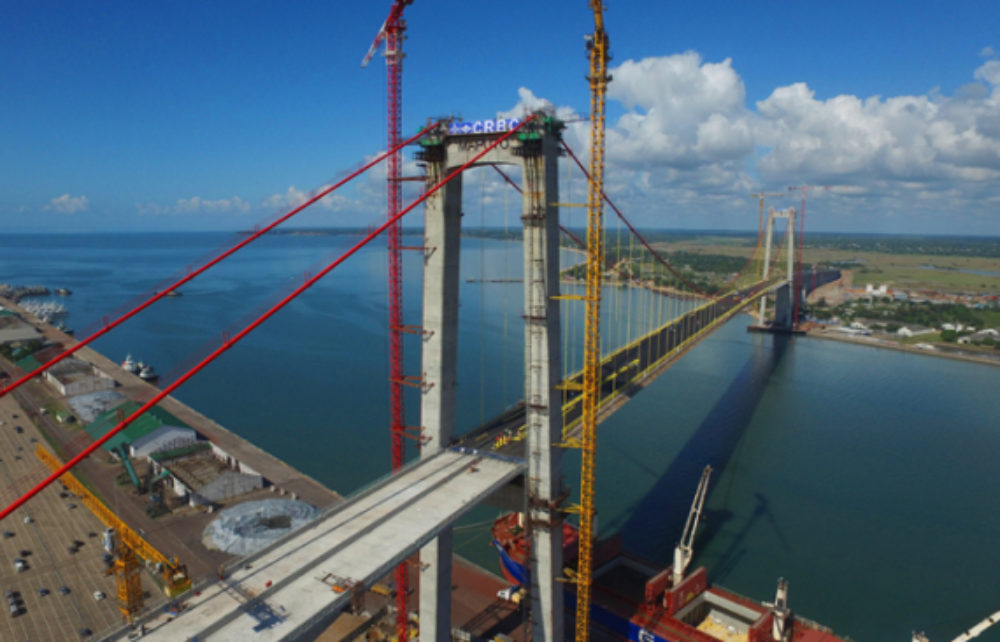A recent study by the Centre for Public Integrity (CPI) in Mozambique claiming the African country has fallen into a ‘debt trap’ due to its high indebtness to China, has now been rebutted by the Chinese ambassador and an academic.
Speaking to State-owned Global Times newspaper, Wang Hejun, Chinese Ambassador to Mozambique, said that in recent years, “China and Mozambique have adhered to a set of principles and been pioneers in accelerating bilateral financing cooperation.”
“So far, we have achieved a number of early gains in the fields of infrastructure, production capacity, investment and trade, which have brought tangible benefits to both sides,” Wang said.
“We need to acknowledge the recent development of Mozambique’s financing cooperation with China, and its contribution to improving infrastructure and improving people’s livelihoods, while enhancing its sustainable development capabilities,” Wang elaborated.
The increase in Mozambique’s debt to China, he said, is a manifestation of the in-depth bilateral cooperation, which has strengthened Mozambique’s capacity for sustainable development, which is why “the concept of a so-called debt trap is completely untenable”.
The top priority for Mozambique’s development is to improve infrastructure conditions and promote natural resource development. The country needs to transform innate development advantages into real economic strengths, accelerating industrialization and agricultural modernization, and ultimately achieving sustainable development, Wang said.
Zhou Yongsheng, a professor at China Foreign Affairs University, told the Global Times that the study is comparing the debt data in 2010 and 2018, without reviewing the social-economic development in Mozambique and the benefits to residential people.
“African countries need to take full advantage of their mining resources and population,” Zhou noted. Once the infrastructure is in place, mining and agricultural products could be transported and capitalized upon, he added.
If the debt data is accurate, the study is exaggerating the debt itself, ignoring the development fostered by Chinese investment and instead towing the “propagandist line of Western media about the threat of China”, and “misreading the China-Africa cooperation under the Belt and Road Initiative”, Zhou concluded.
In it´s October study, the Centre for Public Integrity (CIP) said the level of Mozambique’s debt to China is “frightening”, reaching USD 2 Bn by the end of 2019, as well as not being very transparent.
But debts with China, the text continues, were used to finance investment projects in large-scale infrastructure, mostly of a commercial or administrative nature. “One element that certainly influenced this growth in debt to China is that that country applies less stringent criteria for granting new loans,” the study said.
Mozambique’s “high level of debt” exposes the country to the risk of falling into financial dependence on China, which could result in “enormous pressure on the Mozambican government” – “a possible debt trap”.
Photo: Catembe bridge, Maputo, financed by China




